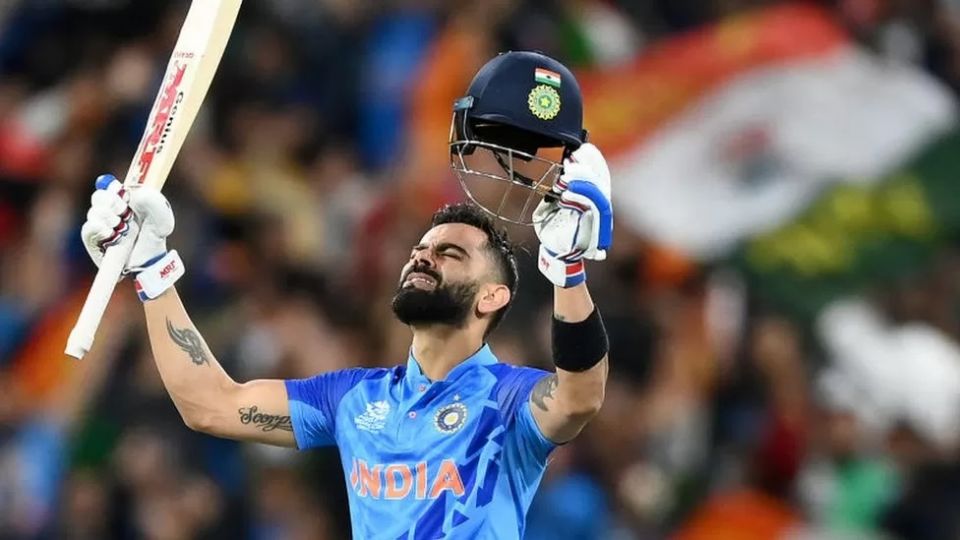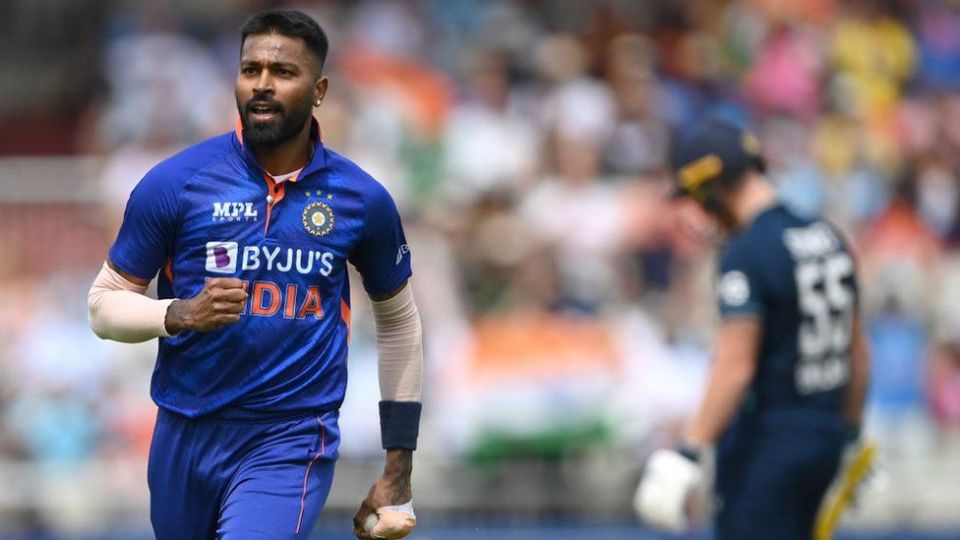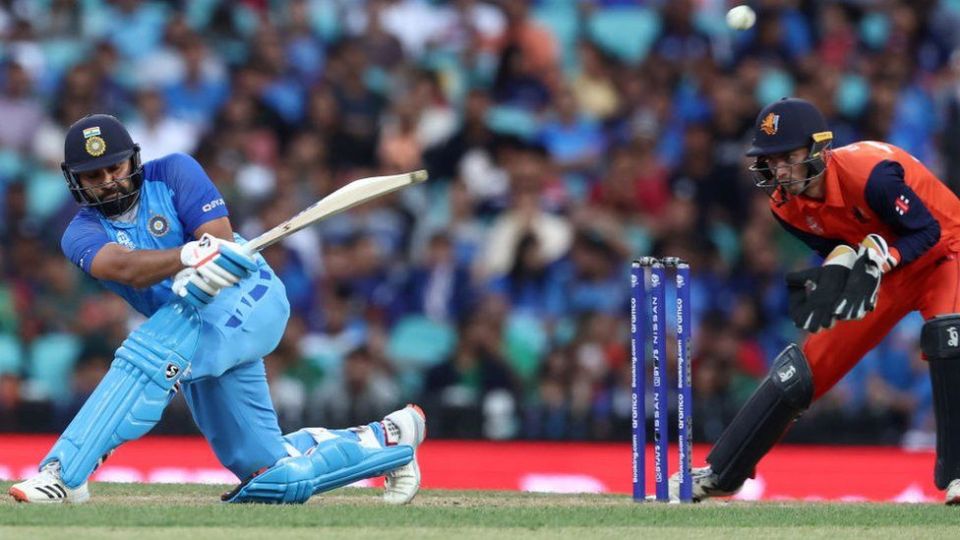
The obvious one is: will this be India's year again after Mahendra Singh Dhoni's final six became the enduring image of India's triumph in 2011? And less often: Is Indian cricket going through a period of transition?
In sport, transition seldom happens overnight. Sometimes a string of consistent victories might lead to a few senior players making way for youngsters. But more often, it is defeat that leads to change.
India had a middling 2022, winning roughly 58% each of the Tests and one-day internationals they played, and 70% of the T20 matches. They are in the frame to play the final of the World Test championship later this year, and favourites to win the World Cup.
Yet, there is a nagging feeling India played below potential. The top batters have struggled and the bowling hasn't always inspired. Injuries to key players have only added to the problems. These are issues across formats, although India are ranked No.2 in Tests, No.1 in T20 and No.4 in ODIs. Some teams would be happy with this state of affairs.
Part of the problem is the high expectations: India are expected to win everything, and anything short of that is a disappointment to the millions who see victories in cricket as somehow making up for defeats in their own lives elsewhere.
 IMAGE SOURCE,GETTY IMAGES Image caption, India need a top batsman who can also bowl in white-ball cricket
IMAGE SOURCE,GETTY IMAGES Image caption, India need a top batsman who can also bowl in white-ball cricket
Part of the problem is also scheduling, where too many matches are required to be played to keep the hungry television beast suitably fed. In the World Cup year, and after the last T20 World Cup, for instance, there was no need to play all those T20 matches just now.
India will play nine ODIs at home against Sri Lanka, New Zealand and Australia before the end of March. In effect, they will be playing against themselves, looking to work out the right combination, ensuring that players get sufficient rest (the Indian Premier League follows the Australia series), and that injuries are properly attended to. It was worrying to hear Chetan Sharma, chief of selectors, say that injured fast bowler Jasprit Bumrah might have been rushed into competition too soon.
India also play four Tests against table-leaders Australia at home, and with only Sri Lanka and South Africa in the running still, they are in a good position to make the final.
In November, it will be a decade since Sachin Tendulkar retired and signalled the end of an era of Indian cricket named after him. Interestingly, seven players from his last Test are still playing internationals - and performing too. Ravichandran Ashwin is 37, Cheteswar Pujara a few days from 35, and Virat Kohli 34. Ravindra Jadeja is 34 too while Shikhar Dhawan is 37.
Either the younger players are not pushing hard enough, or if they are, they are having to wait longer than some of these players had to before breaking into the big league.
Left arm medium pacer Arshdeep Singh turns 24 next month, while the world's most exciting batsman in T20, Suryakumar Yadav is 32 and might break into the Test squad for the home series, especially if the top order struggles to dominate.
What India are looking for is an all rounder or at least a top five batsman who can also bowl in white ball cricket. Hardik Pandya and Jadeja fit that role and Axar Patel is getting there in the shorter formats. When there aren't enough bowling options, India have struggled, as they did recently against Bangladesh in the ODI series which they lost.
If the defeat in the T20 World Cup had a lesson for India, it is this: T20 is a young man's game. When India won the title in 2007 it was a fluke, and when India beat Pakistan in their inaugural match in Melbourne last year, it was another fluke. The problem with doing well by accident is that teams develop delusions of adequacy.
The time has come to put T20 in a separate basket of its own - with its own captain, own specialist players, own coach and support staff. England have done that, and reaped the rewards. The division in cricket is not between the red ball and the white, but between Tests and ODIs on one side and T20s on the other.
T20 coaches should come from the generation that thinks in that format. Data analysts are more important than coaches who correct your cover drive.
 IMAGE SOURCE,GETTY IMAGES Image caption, Rohit Sharma is the captain of the Indian cricket team
IMAGE SOURCE,GETTY IMAGES Image caption, Rohit Sharma is the captain of the Indian cricket team
India do not have a settled team in ODI cricket, but luckily they have enough time to make their mistakes before the World Cup. Someone will have to perform like Yadav did in the T20 - it might be Yadav himself - before the team inspires.
Players need to be backed initially and given confidence that they are part of the team. Dropping left-arm spinner Kuldip Yadav in Bangladesh for the second Test after he was Player of the Match in the first, is one way of not doing this. The wrist spinner is a more difficult proposition than the finger spinner, and such bowlers have been successful recently.
The question of balance, no matter what the format, is one that the coach and captain have to address constantly. Do you play the extra batsman or the bits-and-pieces man who might have a good day? Do you choose a non-regular wicketkeeper because he might get you runs and hope he doesn't drop catches? Two finger spinners or one finger and one wrist, or an extra medium pacer?
And what of the holy cows? Do senior players come with a "I dare you to drop me" on their backs? Should that be taken seriously?
Unfortunately, cricket, like life, moves forward but can only be understood in retrospect. The ideal team will be known after India's final match!












